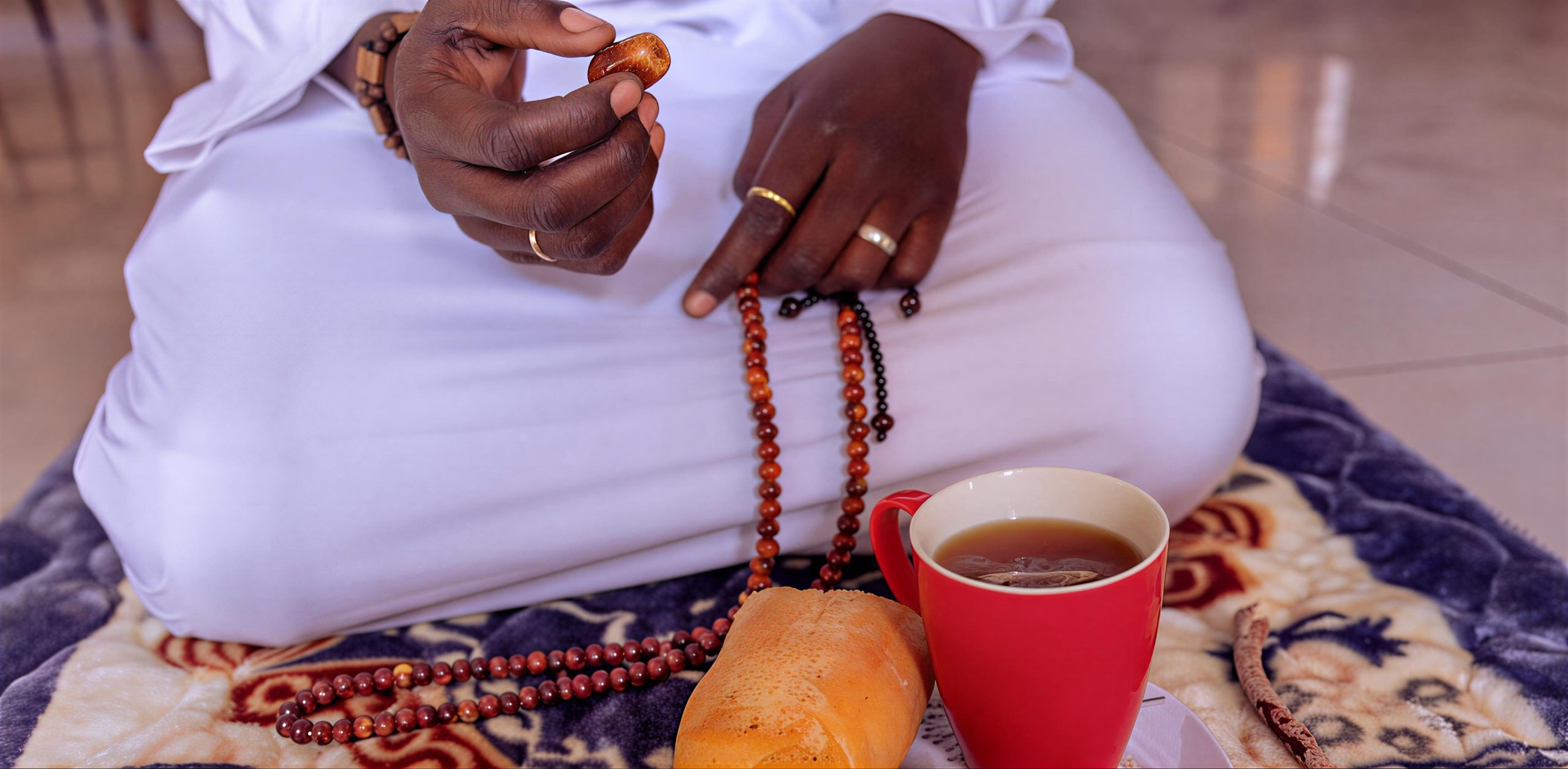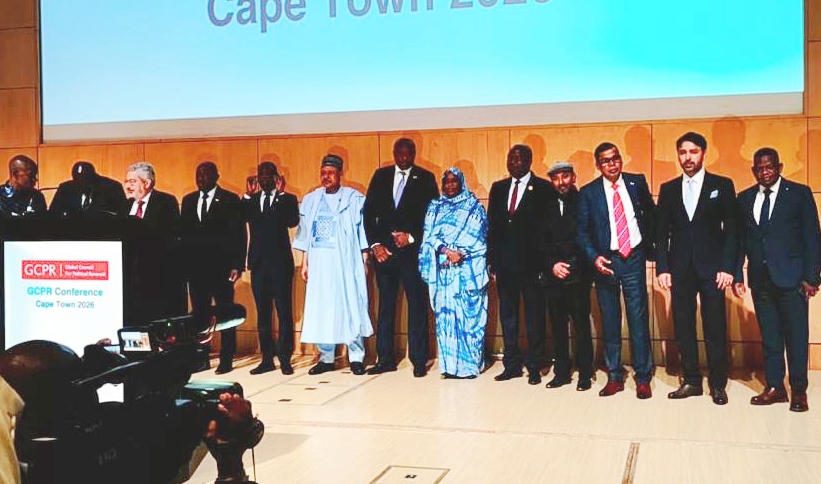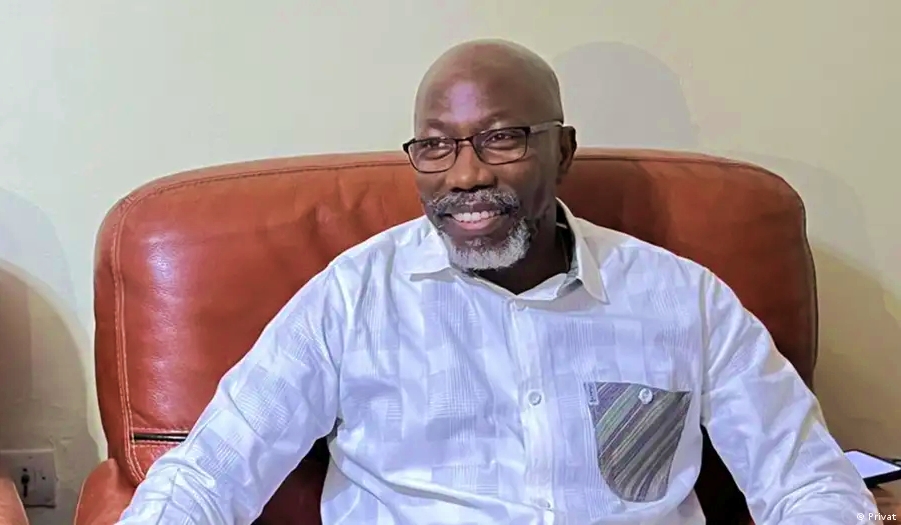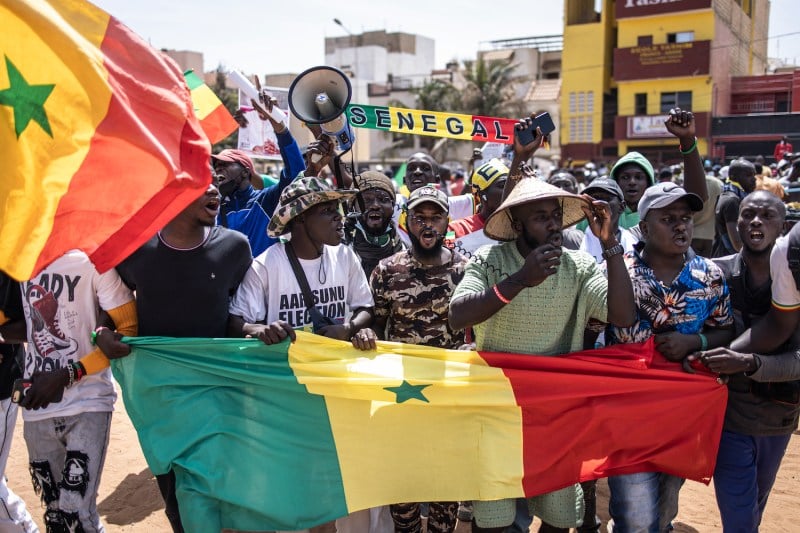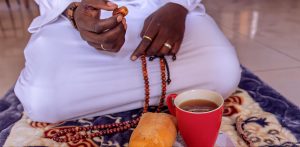The African Union on Friday welcomed Senegal’s decision to hold the presidential election on March 24 after weeks of turmoil triggered by the vote delay, following similar reactions from the United States, the European Union, and the United Kingdom.
There are 19 contenders in the race for the first round of the normally stable West African country’s presidential election, making this probably the most open election in modern history. Senegal was thrown into one of its biggest crises in decades when President Macky Sall abruptly called off the presidential election that was supposed to take place on February 25.
The vote is scheduled for March 24, which is before Sall’s mandate expires, as agreed upon by the presidency and the country’s highest constitutional authority on Thursday, following a month of uncertainty that caused protests both domestically and internationally.
Moussa Faki Mahamat, the head of the African Union Commission, praised “the peaceful resolution of the institutional crisis in Senegal.”
The election’s scheduling, in conjunction with Sall’s April 2 resignation, he continued, “reflects the deep-rootedness and resilience of democracy in Senegal, of which Africa has always been proud.”
The African Union would send out an observation mission, according to the statement.
According to European Commission spokeswoman Nabila Massrali, the judgment showed Senegal’s democracy and legal system’s “great resilience.” She made this statement on Thursday.
“A peaceful electoral campaign and… the holding of credible and transparent elections” were demanded by the EU.
The State Department’s Bureau of African Affairs published a message on X, the previous Twitter platform, on Thursday. The US responded to it.
“The post expressed our solidarity with the Senegalese people and their resolute advocacy of democracy and impartial, free elections.”
A British Foreign, Commonwealth, and Development Office spokesperson said: “The United Kingdom welcomes the announcement of presidential elections on March 24 in accordance with the Constitutional Council decisions of March 6 and 7. In line with Senegal’s strong democratic traditions, we urge all parties to contribute to peaceful, inclusive, and credible elections, to maintain calm and the rule of law, and to respect the fundamental freedoms of the Senegalese people.”
The second round’s date has not yet been disclosed. The campaign runs during the Muslim month of Ramadan, which begins on Saturday and finishes on Friday, March 22. Additionally, it will be less than the 21 days that Senegal’s election statute specifies.



